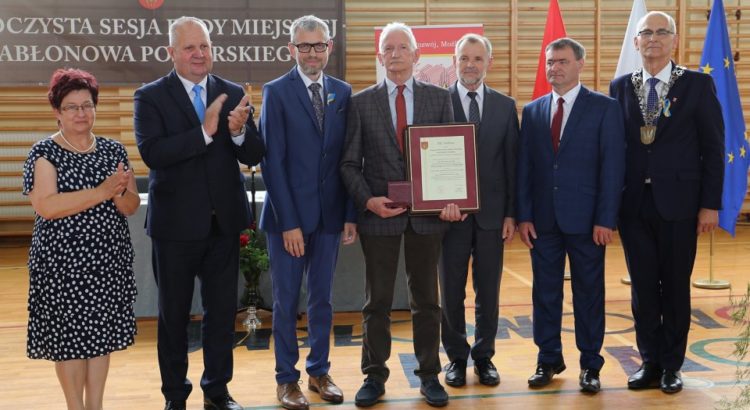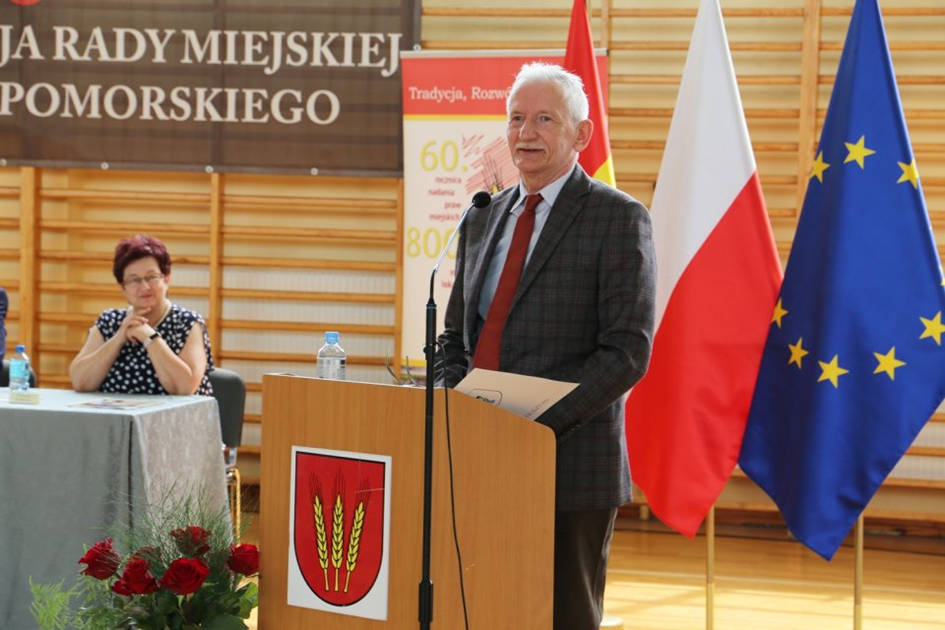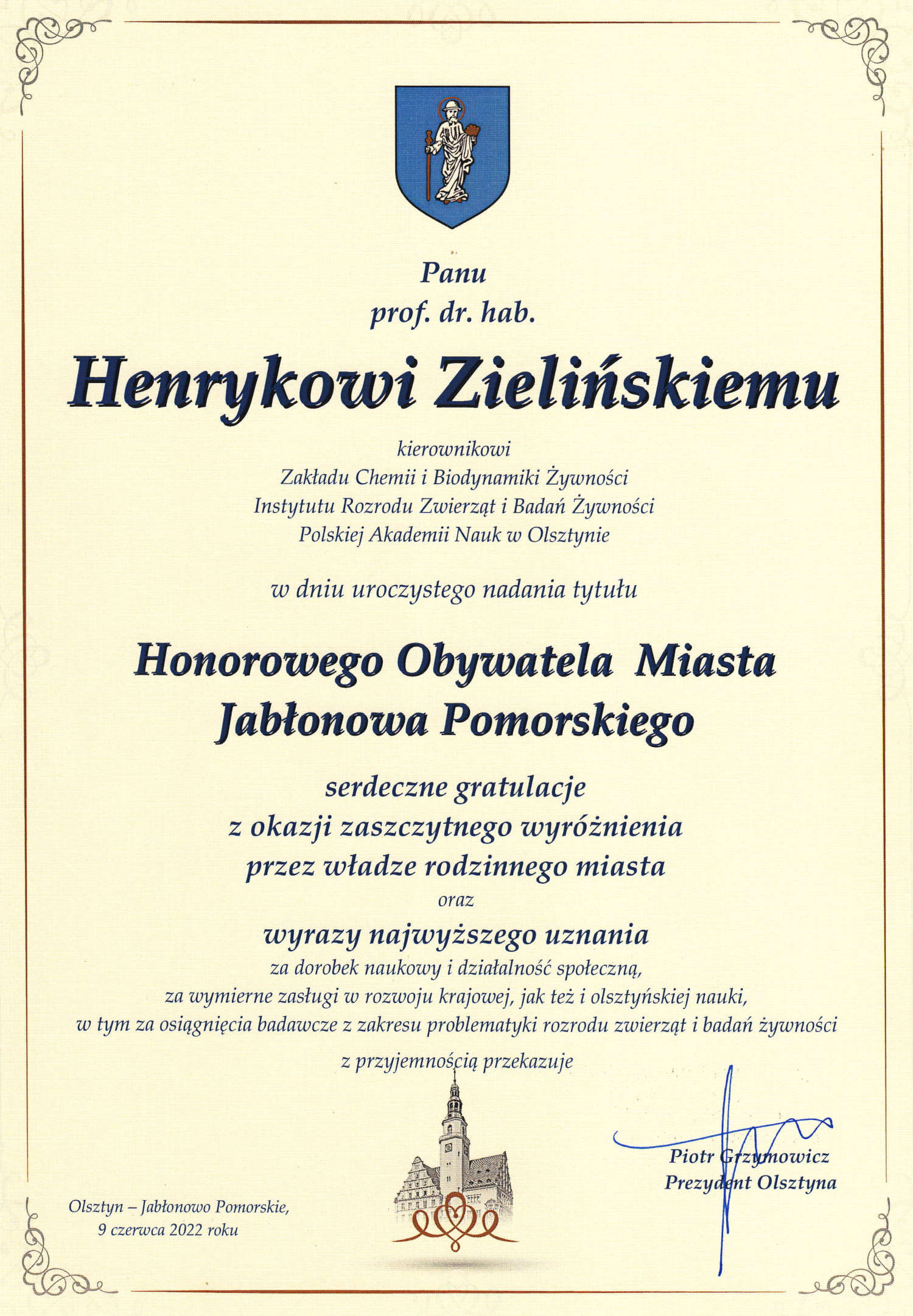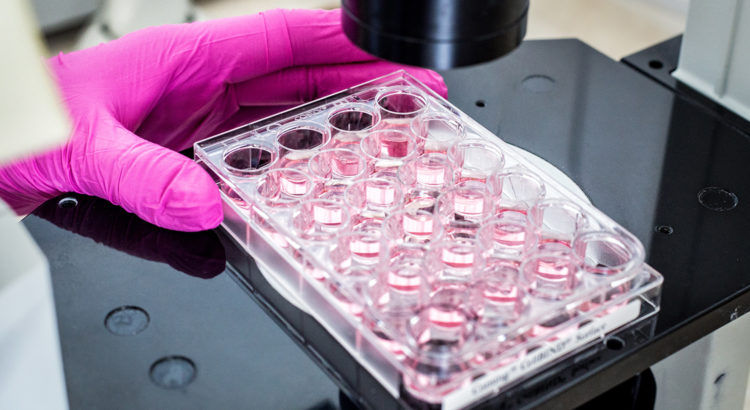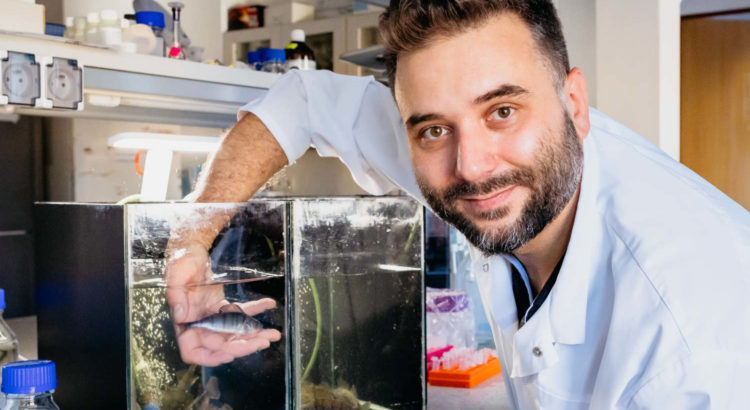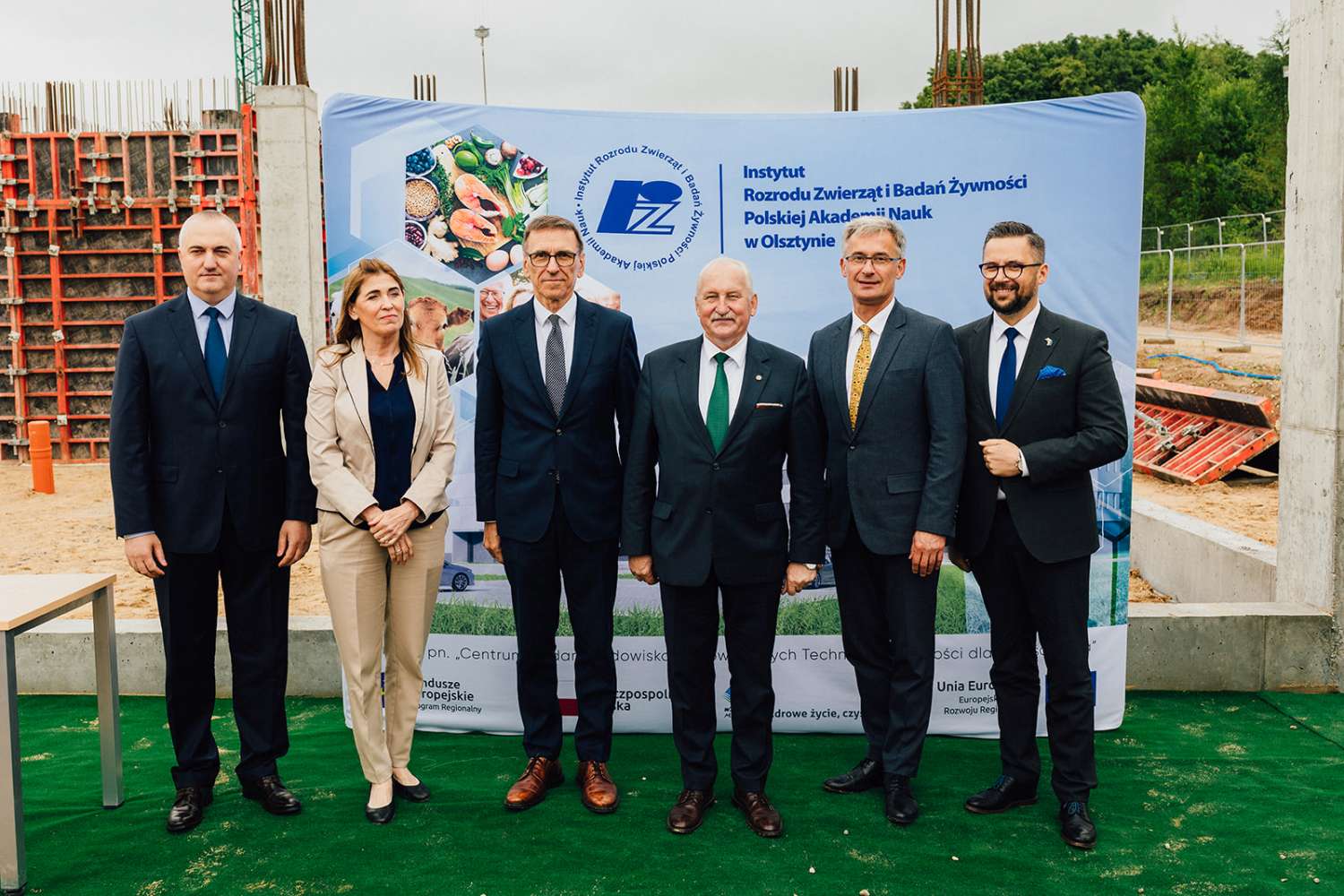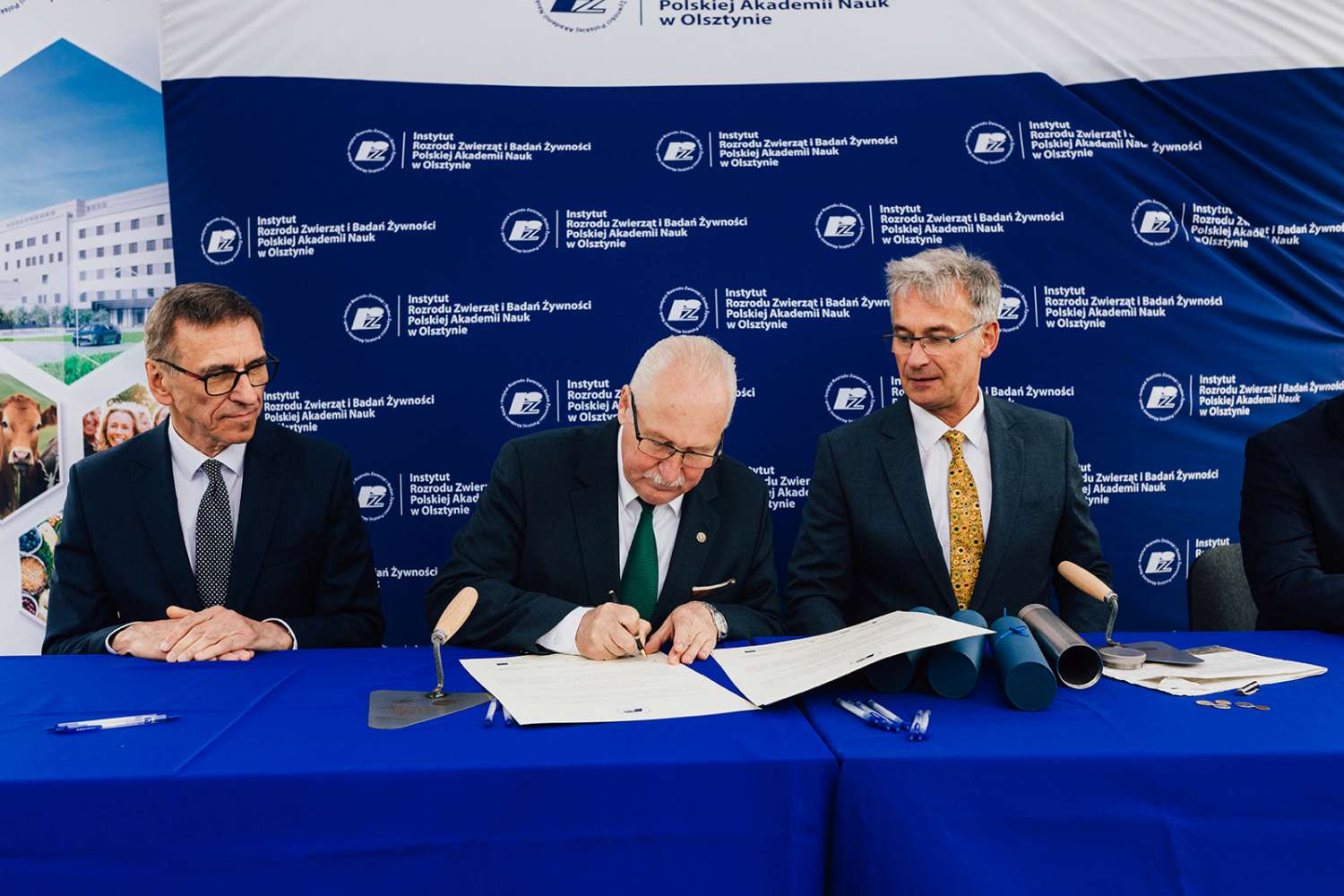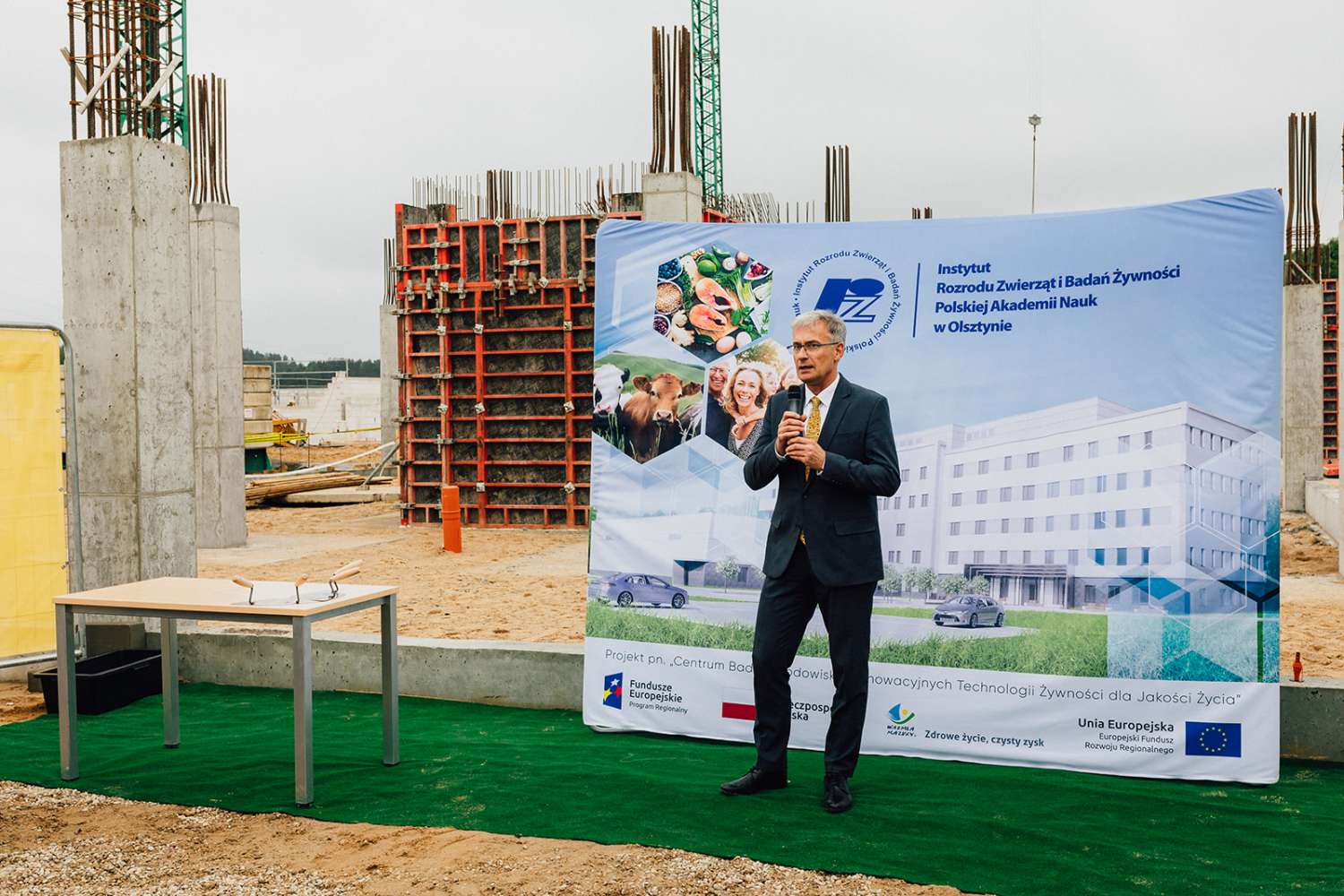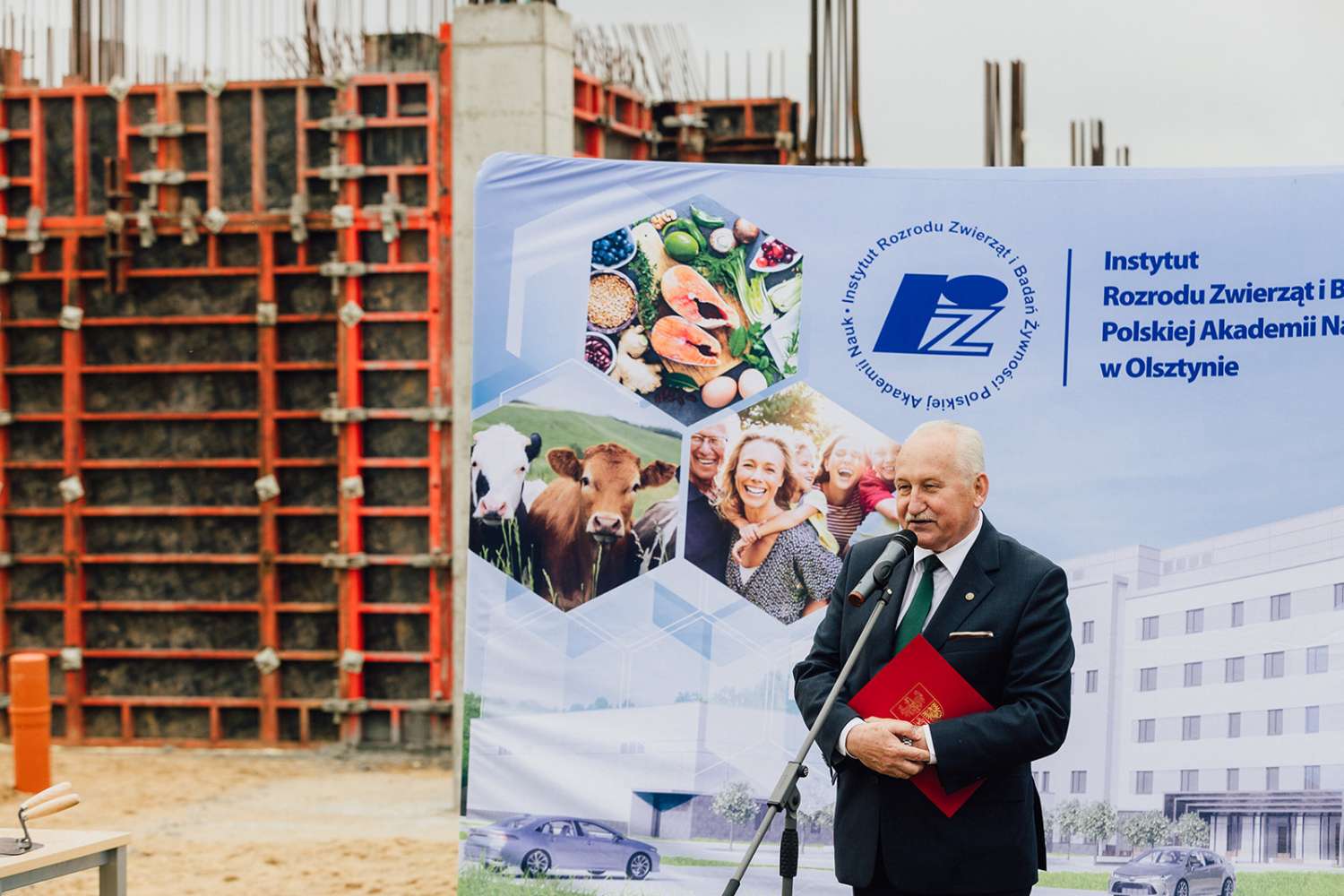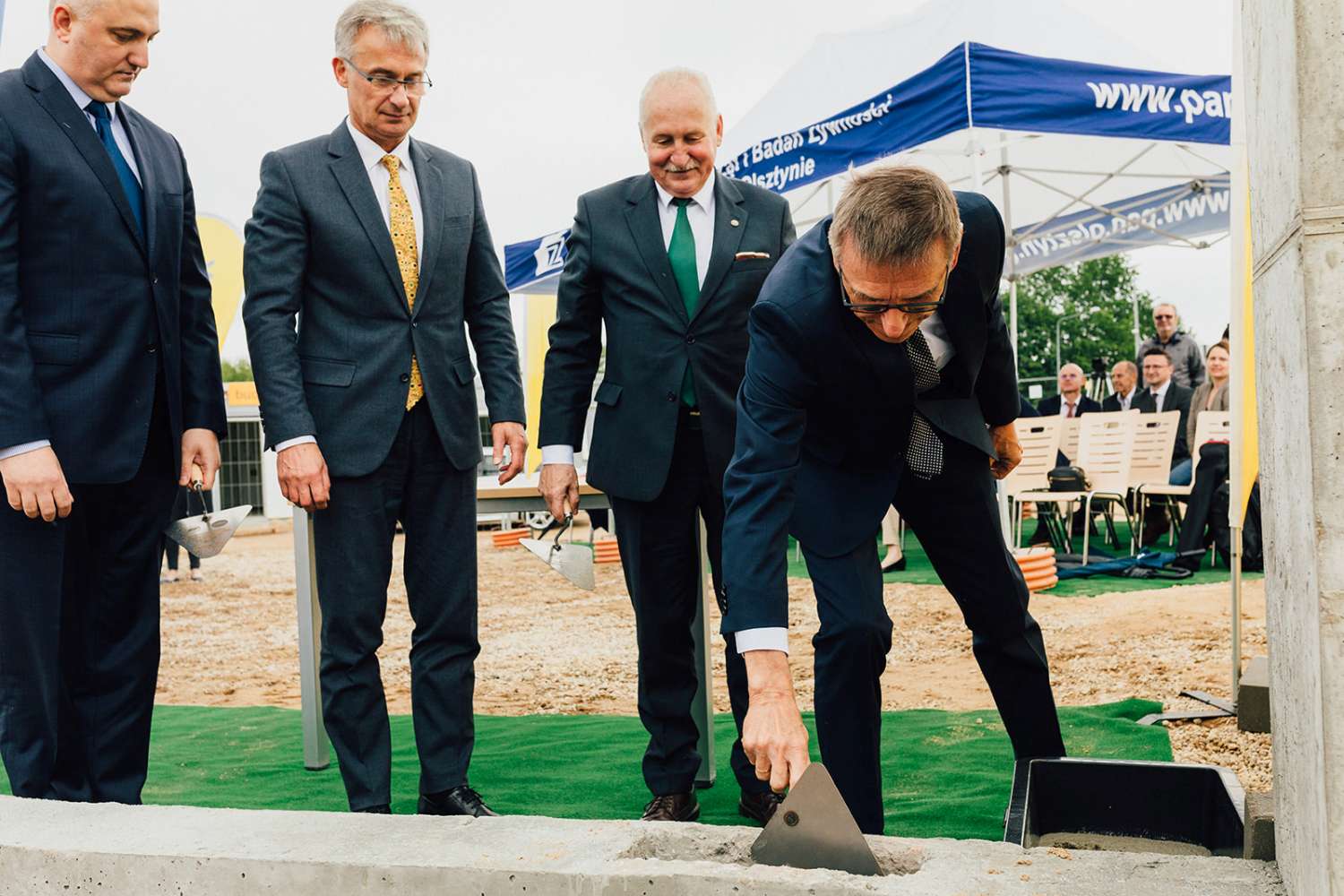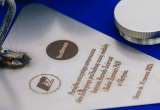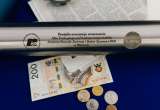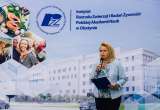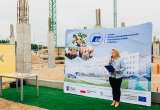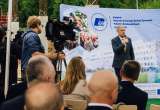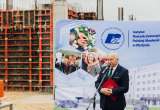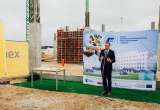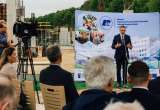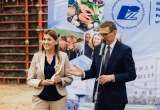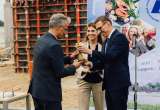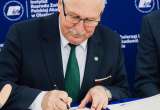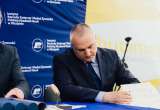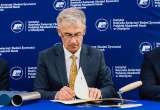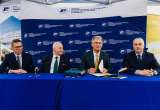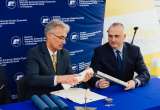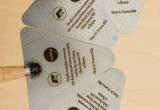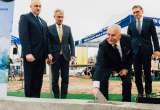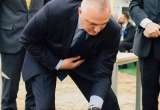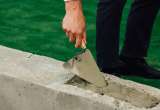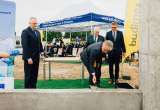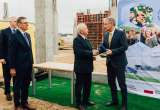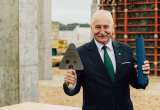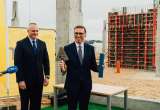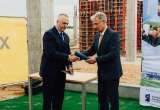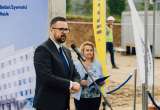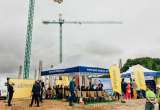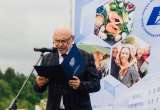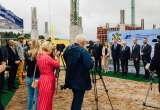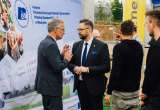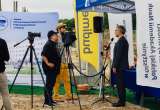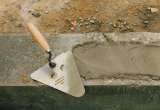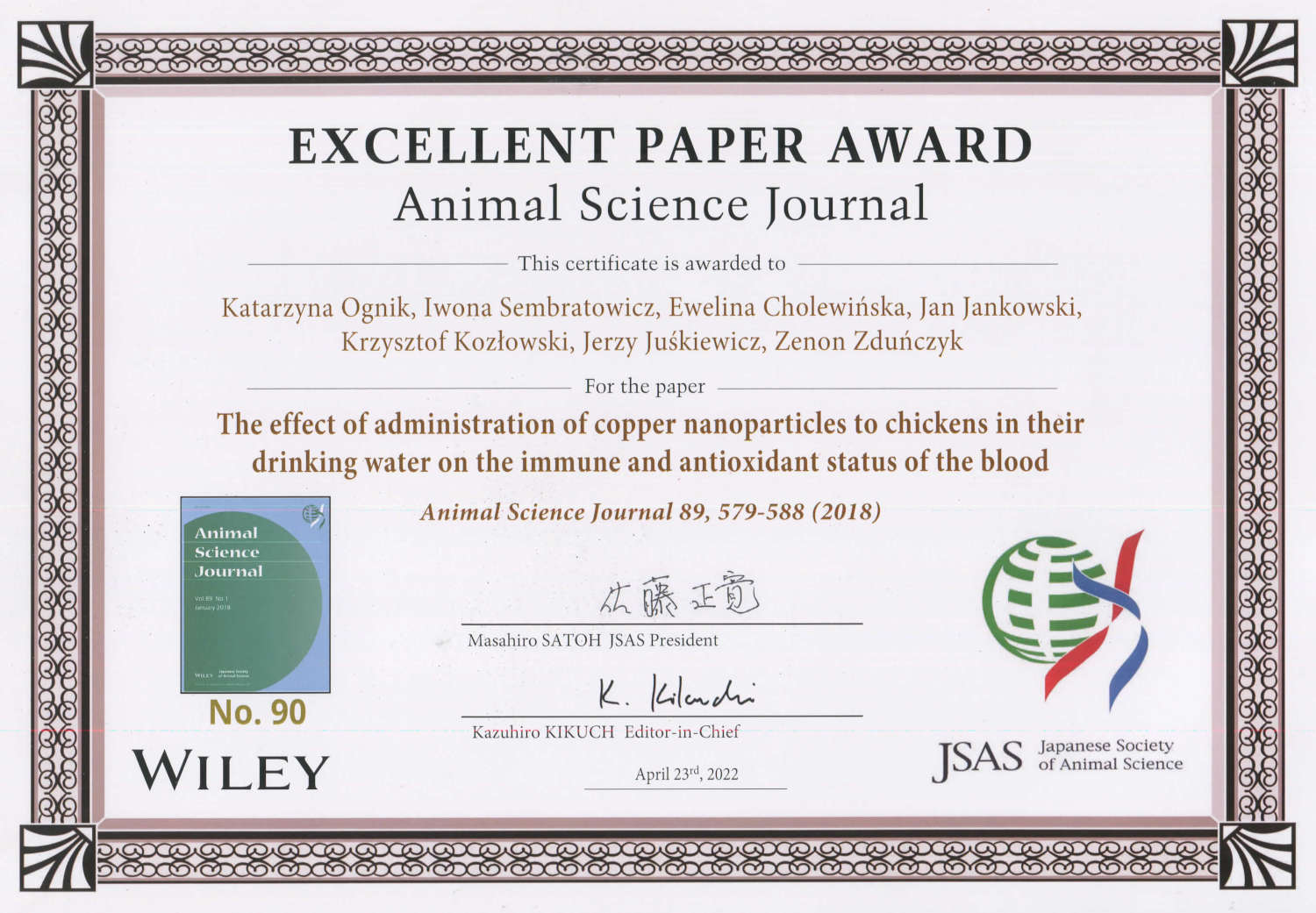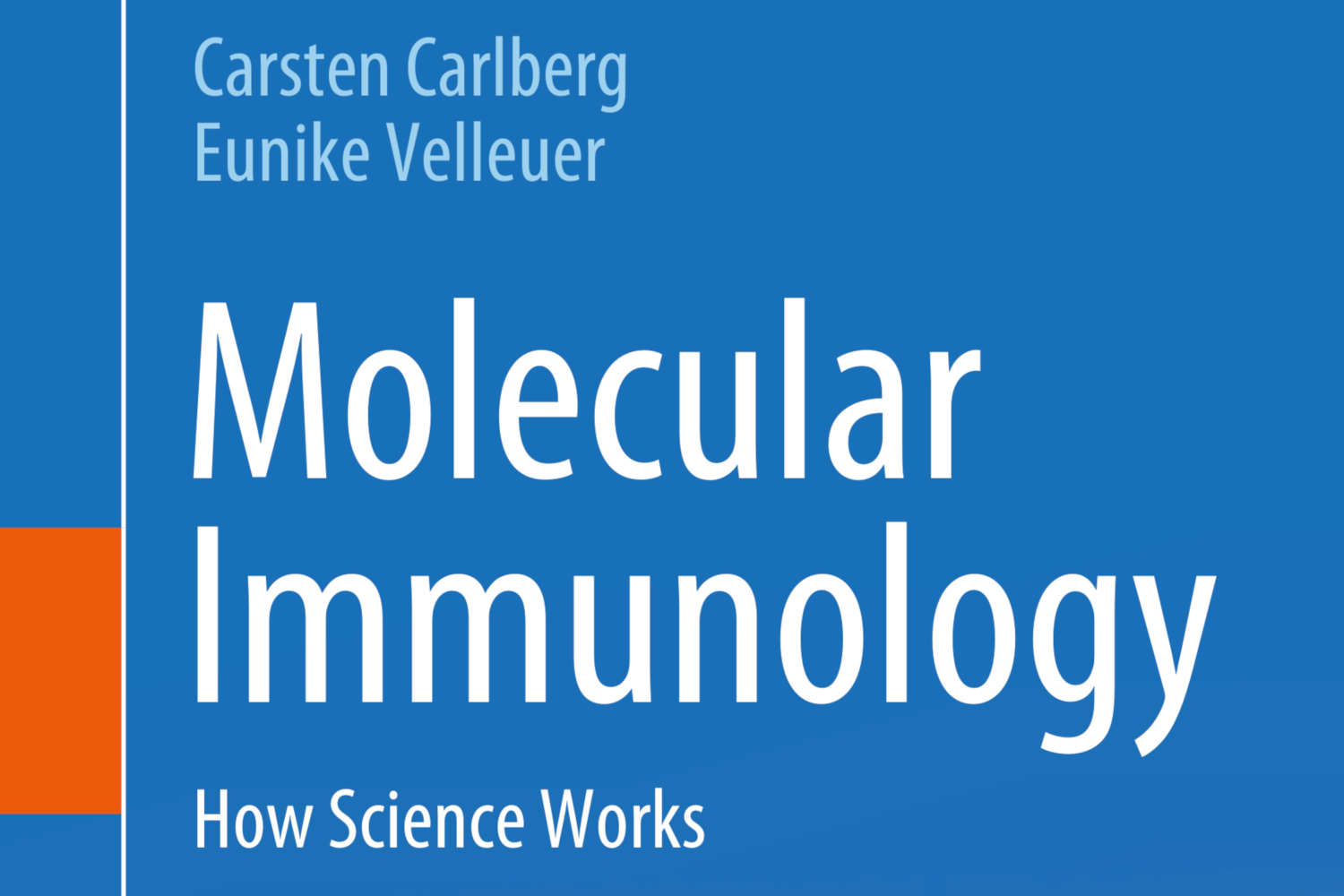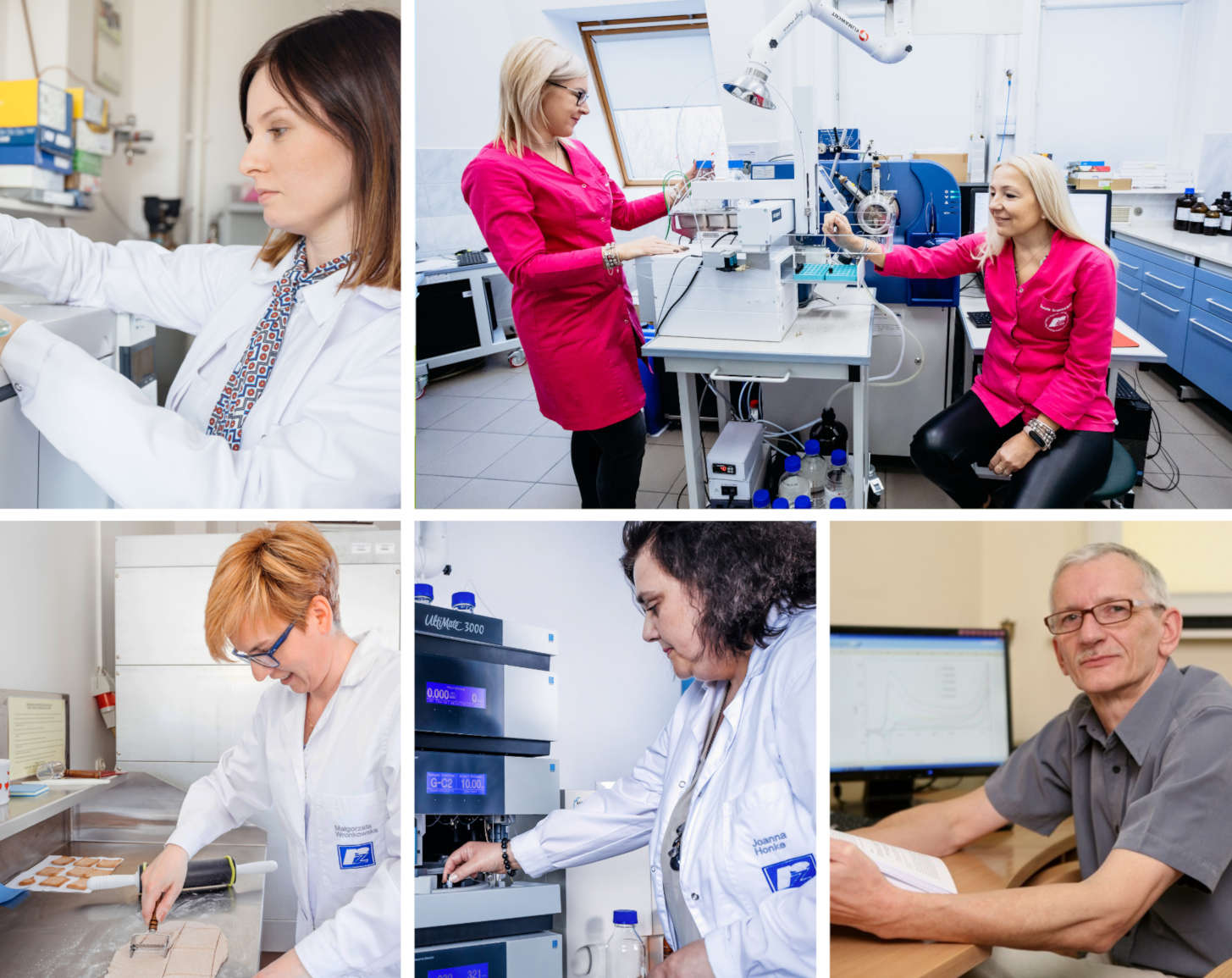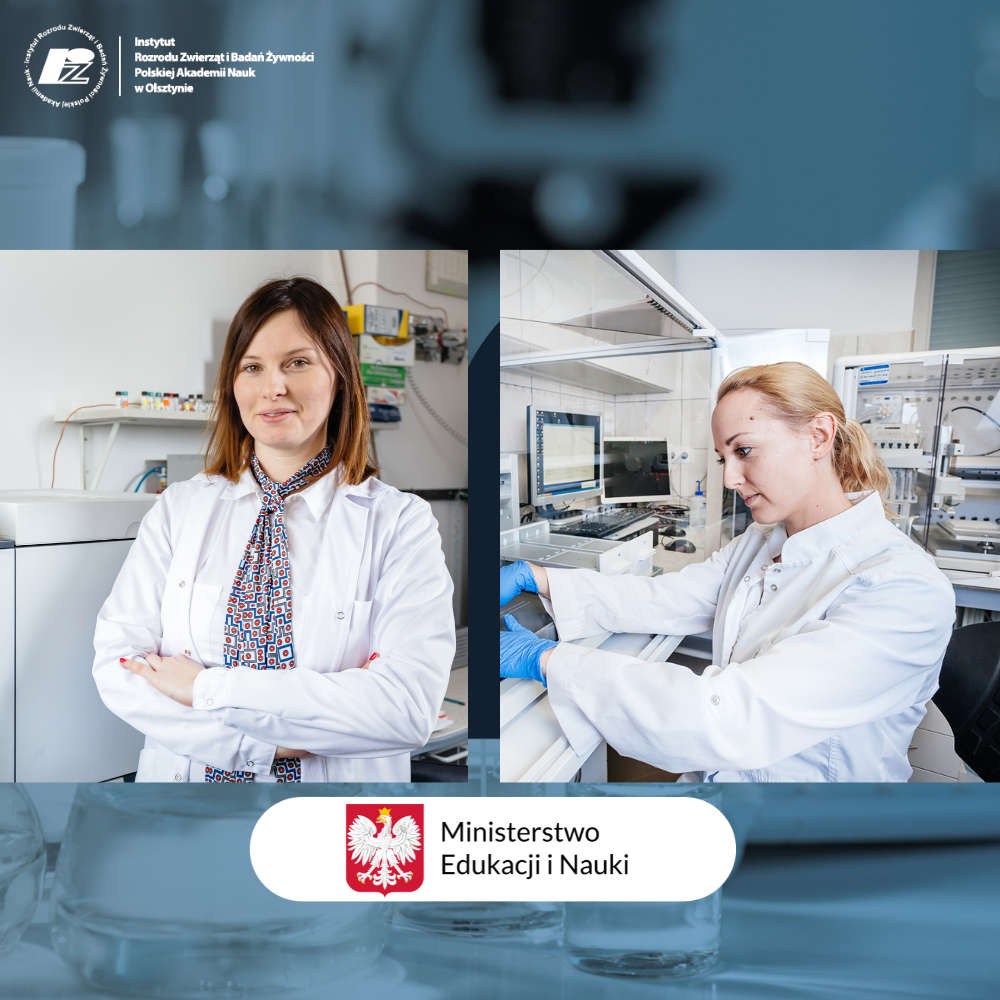
Małgorzata Starowicz Ph.D. and Agnieszka Mostek-Majewska Ph.D. from our Institute have received a scholarship from the Minister of Education and Science for outstanding young scientists.
This is the 17th edition of the support program for particularly talented young scientists, and another in which people from the Institute of Animal Reproduction and Food Research of the Polish Academy of Sciences have been awarded. The competition was strong, as a total of 1,719 applications were submitted. The Minister of Education and Science awarded scholarships to 215 young scientists, including 37 doctoral students. When evaluating the applications, the greatest importance was attached to the measurable effects of scientific activity in the form of scientific publications and practical applications of the results of scientific research or development work.
Małgorzata Starowicz Ph.D. received a scholarship in the field of food technology and nutrition and Agnieszka Mostek-Majewska Ph.D. in the field of zootechnics and fisheries.
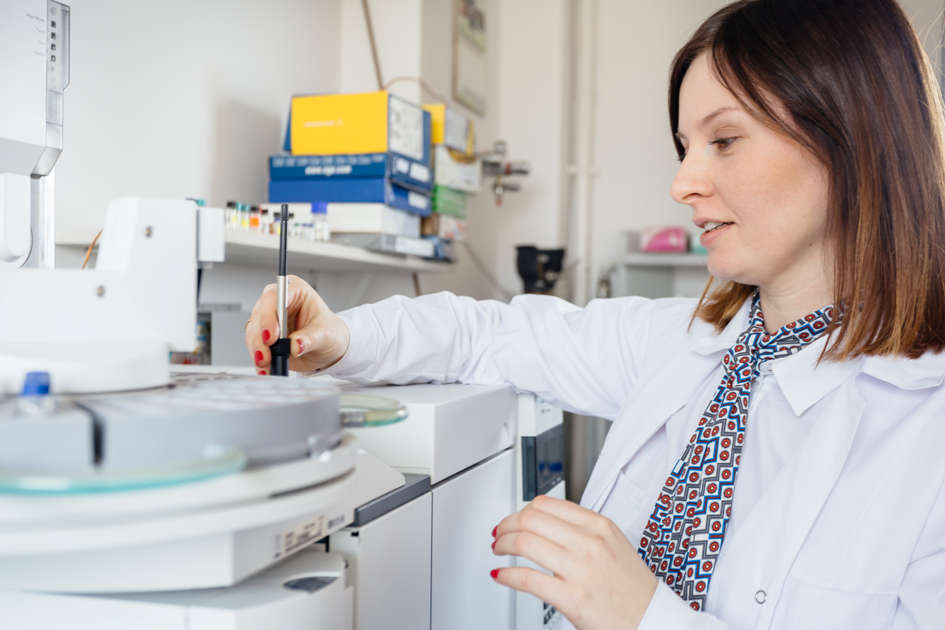
The topic of Małgorzata Starowicz’s research is the characterization of chemical distinguishing features in foods of plant origin that determine their sensory quality, biological quality, and safety. The research is conducted to analyze the content of biologically active compounds in plant raw materials and final products, as well as determine the influence of technological processes on the formation of favorable and unfavorable Maillard reaction compounds. Her research has made a major contribution to expanding the knowledge of the properties of buckwheat, herbs and spices, bee products, and their beneficial application in functional food formulation from both health-promoting and sensory aspects. The research may contribute to solving problems related to the aging population and the increased risk of metabolic diseases such as diabetes and hypertension.
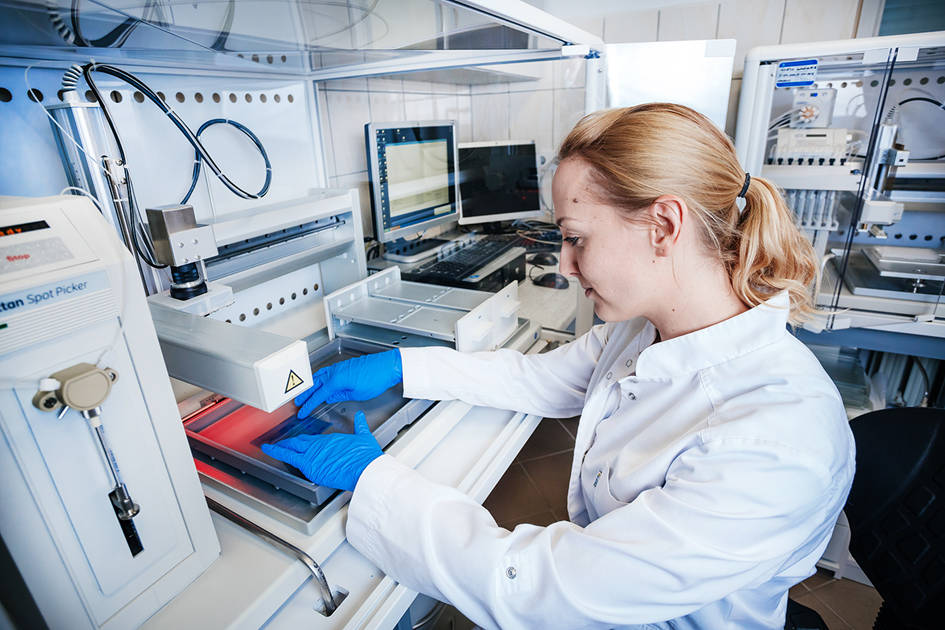
In turn, Agnieszka Mostek-Majewska’s scientific work focuses on sperm physiology – she has contributed, among other things, to expanding knowledge in previously unknown areas, including redox signal transmission. Mostek-Majewska’s greatest scientific achievement is the implementation of methods for the analysis of oxidative modifications of proteins for the study of bull spermatozoa. She was the first to show that cryopreservation (freezing) of spermatozoa induces oxidation of selected proteins (through a process known as carbonylation). Other research by Agnieszka Mostek-Majewska confirmed that the process of capacitation (conditioning of sperm for fertilization) in bulls is accompanied by reversible modifications of proteins. The findings can be used to study the treatment of infertility in animals. Dr. Agnieszka Mostek-Majewska’s project „Potential use of peroxiredoxins to improve the quality of cryopreserved bull semen” received funding from the National Science Center under the recent SONATA 17 competition.
We are glad to learn that this year’s winners of this prestigious prize include also young researchers who have built their scientific acheivements during PhD studies in our Institute. Dr. Natalia Drabińska is currently doing a postdoctoral fellowship at the University of Life Sciences in Poznań. Dr. Paulina Opyd, like the 2020 laureate of Minister’s scholarship, Dr. Tomasz Sawicki, continues her scientific career at the University of Warmia and Mazury in Olsztyn. The fact that many early careers researchers succeed in competitive scholarships and find employment in other research units, confirms that we are training skilful human resources not only for our, but also other’s advantage. Their succeess, e.g. receiving the Minister’s award, proves we are working on a top class level.
The full list of winners is HERE.
In this year’s edition, the Minister of Education and Science adopted a new approach to the method of selecting candidates for the grant, resulting from the equality of scientific and artistic disciplines. It involves awarding a similar number of scholarships in each discipline. Thus, young scientists competed against each other within a given discipline, rather than an entire field, the announcement stated.
